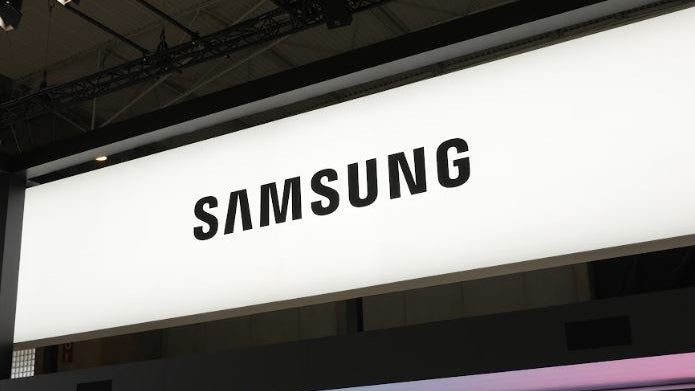The European Union has been applying the “compensatory rights” to Chinese vehicles for more than a year. This rate really applies to all manufacturers they produce in China and then bring their cars to European soil. The goal? That companies manufacture in Europe. But if all eyes point to China, other countries make their way. Morocco is not the only one that is consolidating as the star springboard to Europe: Türkiye is asking for a step.
And it is not something that are taking advantage of Chinese brands: also European.
Trampolines. The Chinese automotive industry has a simple objective: to conquer the world with its electric cars. Companies have experience, technology, ships to transport thousands of cars of a cup and are leaders in the most important manufacturing: batteries. China has launched some strategies to fulfill that plan, such as expanding its factories in Europe, associating with European companies and creating kits that are manufactured in China, they are transported disassembled and re -assembled in the final car on European soil.
But, they are also taking advantage of “empty” in those compensatory rights. The combustion car is its ‘Trojan horse’, but also countries like Morocco and Türkiye. In both, the labor is cheaper than in Europe and most importantly: they have commercial treaties with the EU, which allows those ‘tariffs’ to skip.
Touchstone. It is estimated that investment in Morocco is about 10,000 million dollars, a figure that includes not only manufacturing, but also the exploitation of key minerals for battery production. Morocco has huge deposits and China does not want to miss another portion of a chain that dominates with iron fist.
In the case of Türkiye, there are examples like Chery by investing $ 1 billion for a plant in Samsun that will have a production capacity of 200,000 electric and hybrid vehicles every year. SWM Motors will also open a plant in Eskisehir to create hybrids and gasoline, and Byd will have one of its largest factories in the West in Manisa. In addition, not only will they be dedicated to manufacturing: in the case of ByD we also talk about an R&D center.
Not only China. But it’s not just that China looks at Türkiye: Europe does not lose sight of them either. Brands such as Renault and some of Stellantis produce models for both the local market and Europe (the new Clio, for example). Moreover, the European Union, through funds such as Horizon Europe, has allocated 1 billion euros in the 2021-2027 framework for the development of the automotive sector in Turkey, especially for electric mobility, the development of load infrastructure and initiatives such as manufacturing and recycling of batteries.
Win-Win. Obviously, the situation is beneficial for all parties. On the one hand, China wins a trampoline to European soil and the possibility of introducing its cars at very attractive prices in a local market that is upwards. The estimate is that Türkiye is the fourth largest market for electric car for sales in Europe during the first half of 2025, only behind Germany, the United Kingdom and France.
This is something favored by the State thanks to reductions and a series of advantageous tax conditions and tax exemptions if an electric car is purchased. And Türkiye, with that money, promotes the transformation of the sector with new R&D centers and strategic agreements with Europe to further reinforce its position.
TOGGG. And Eye, Turkey, following the example of Europe, put an aggressive tariff on Chinese electric cars, but with a condition: if manufacturers began to invest in local production facilities, they would be exempt from that import tax. But in all this there is an asterisk: Chinese companies, with their high capitalization and strong technology, can offer advanced vehicles at very competitive prices that open local producers such as Toggg.
There are already those who point out that this competition, instead of healthy, could suppress the growth of the local ecosystem, being a danger if, at some point, Chinese companies decide to get out of the market.

And the United States? Apart from this issue, it is evident that the country is playing its letters well as the “bridge” between the East and West is, also in terms of critical raw materials to create batteries -part of the rare earth that China controls. And, if you are wondering what happens to American companies, the truth is that their giants are not investing directly in Türkiye, but they are doing it through the calls joint ventures.
They do not want to make too much outside the United States (something that recent tariffs and policies have made it clear), but American companies such as Ford have undertaken trips with Turkish companies such as Otosan to create cars on Turkish soil and sell them both in that market and in the Middle East.
In the end, as they say, a scrambled river, fishermen’s gain. And everything indicates that Morocco and Türkiye are those fishermen.
In WorldOfSoftware | Family and friends keep asking me if “it is worth buying a Chinese car.” This is my answer












